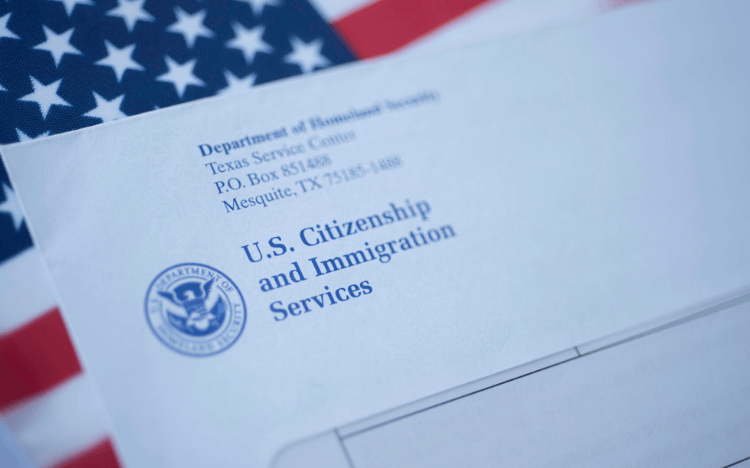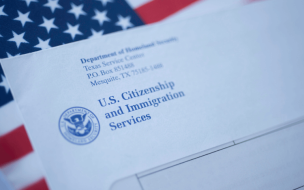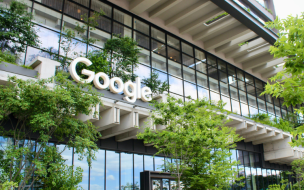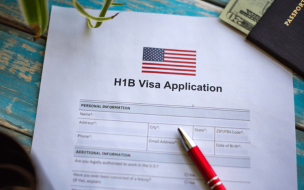In plans revealed by the US Department of Homeland Security (DHS), all employers petitioning on behalf of H-1B visa holders currently in their employment in the US would have to pay the fee.
The H-1B visa is a popular route into employment in the US for international business school students. After gaining sponsorship from an employer who petitions the United States Citizenship and Immigration Services (USCIS) on their behalf, successful H-1B visa applicants can stay in the US and work for three years after completing a higher education degree.
Many of the world’s largest companies—including the leading big tech firms—provide sponsorship for thousands of professionals looking to work in the US each year. Likewise, leading startups including the likes of Stripe and Databricks also sponsor H-1B visas.
The DHS’ proposed changes to the cost of visa extensions would also apply to the L-1 visa, which allows companies to transfer managers and executives from their foreign offices into the US. Under the new ruling, L-1 visa extensions would cost petitioners a fee of $4,500.
Currently, only companies with more than 50 employees, more than half of whom are employed under H-1B or L-1 visas, are required to pay these fees when seeking to extend their employees’ periods in the US. This is in accordance with the 9-11 Response and Biometric Entry-Exit Fee, which was introduced in 2015.
However, the proposed changes would see the fees expand to all petitions for H-1B and L-1 visa extensions. Yet to be formally introduced, the proposed ruling will be published and open for public comment from July 8th.
The DHS has so far confirmed that the new fees will not become a requirement for L-1 or H-1B visa extensions until a final ruling is issued.
The proposal follows a series of slated changes to the H-1B visa, with the DHS also announcing plans to streamline eligibility requirements and strengthen integrity measures.








